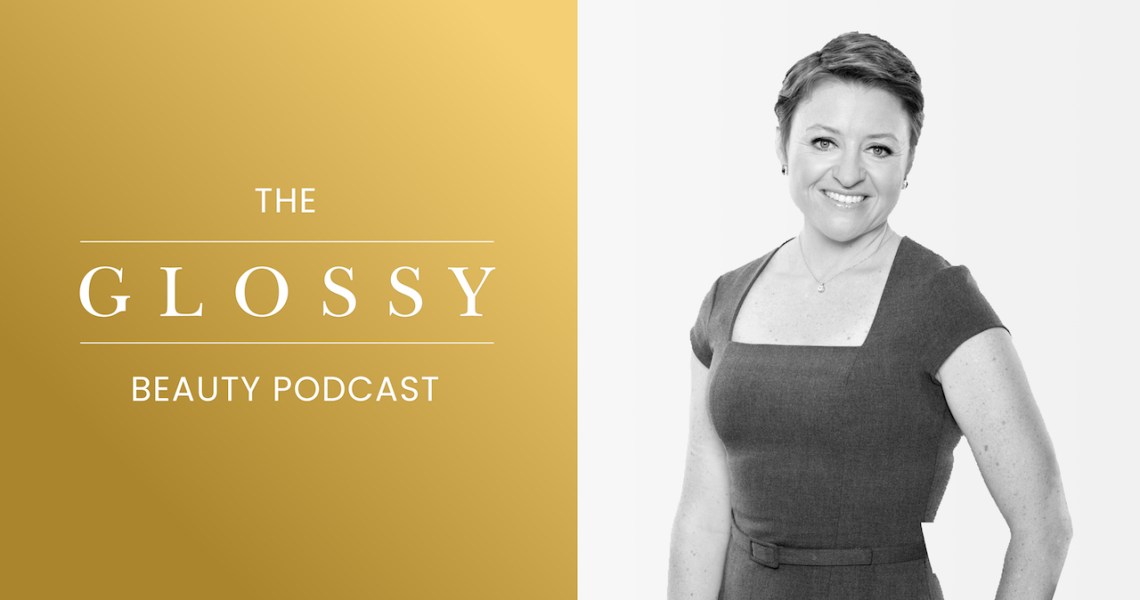Subscribe: iTunes | Stitcher | Google Play | Spotify
This week, beauty editor Priya Rao sits down with Anne Maza, the co-owner and vice president of sales and marketing at hair brand Olivia Garden. Maza discusses evolving a 52-year-old brand for today’s customer, walking the line between the professional and consumer hair segments, and protecting the company’s top quality products against counterfeits. Edited highlights below.
The category expansion plan:
“Appliances or hot tools — such as blow dryers, flat irons, curling irons — make a lot of sense [as a next step]. People love Olivia Garden because it’s turned the brush category on its head compared to what was available before, because of our approach to all these details of quality, R&D and technology. They would like that in their appliances, as well. So they’ve been asking us for it. We just wanted to do it when we felt like we were ready to give them what they were looking for. So last year, we launched in the U.S. our first blow dryer, which has been a huge success. And this year, we just launched our first flat iron, and we’re going to continue into the appliance category.”
Customer service via an app:
“Everybody was asking me what kind of brush they should have, so we decided we would take that more to the masses and help people choose the right brush for their hair type. There are some key questions that one ought to ask and know the answer to before making a recommendation, kind of like a prescription. So we put together an app, and that helps people find out the right brush for their hair type. And that can help the store employee who’s trying to sell the brush or the consumer, or anybody that’s trying to find the right brush.”
Owning innovation:
“We have a huge R&D effort, and we have engineers to make sure that we have these top-quality products and that every product is unique and different from our competitors’. And so every time we have a new idea that is protectable, we of course apply for patents and make sure we’re protected worldwide. We do that before we launch the product onto the marketplace, and today we own over 50 different patents covering all of our products. That makes it extremely difficult, if not impossible, for others to copy us. Not only do you need to protect yourself at the source, which is when you are developing the product, but you also need to enforce it. And enforcing is a lot harder than actually protecting yourself because that means you have to monitor what is happening around the world, and then you have to enforce it in so many countries which have so many different jurisdictions and different laws. You know, a product might take anywhere from four years to seven years to bring to market. When you’re trying to innovate and to be different, it takes a lot of time and a lot of money. So we kind of have a reputation in the industry about taking our products’ protection extremely seriously.”




